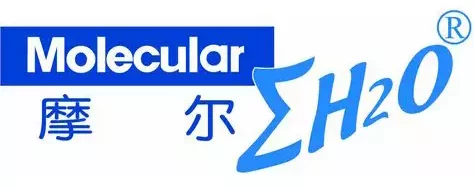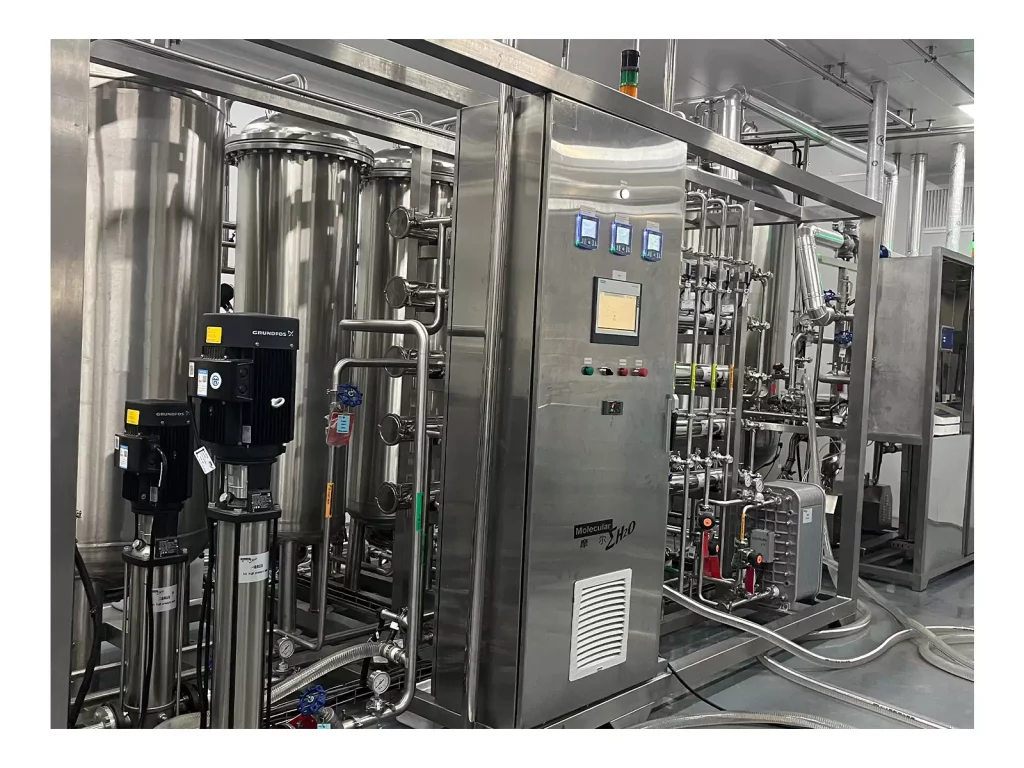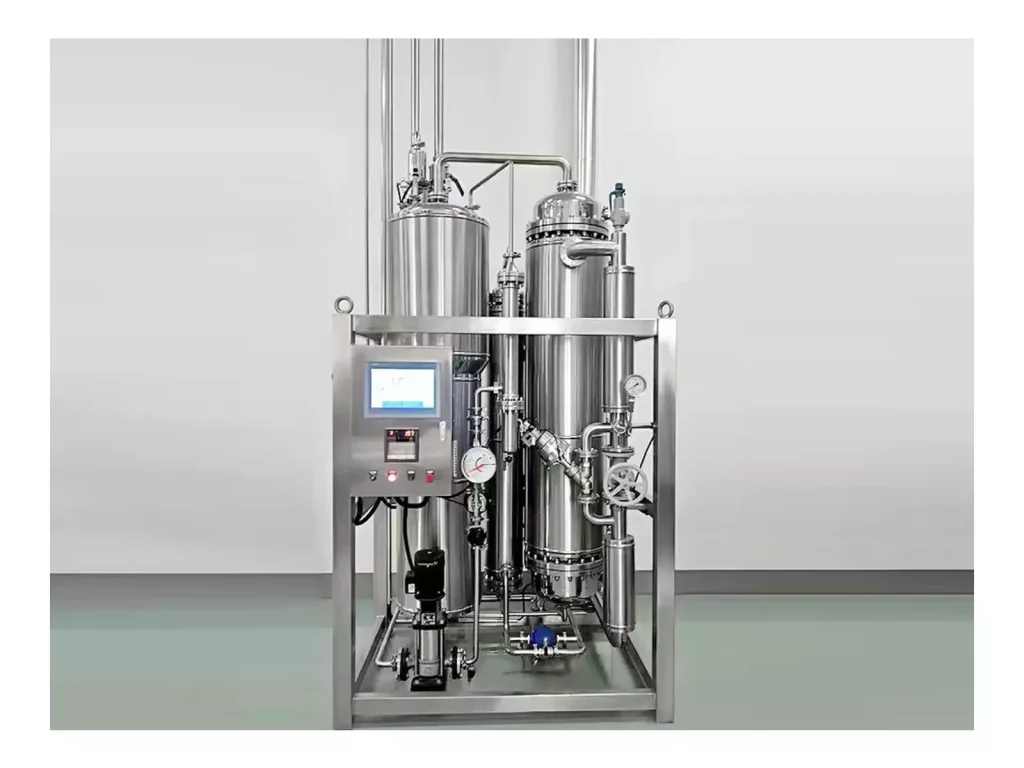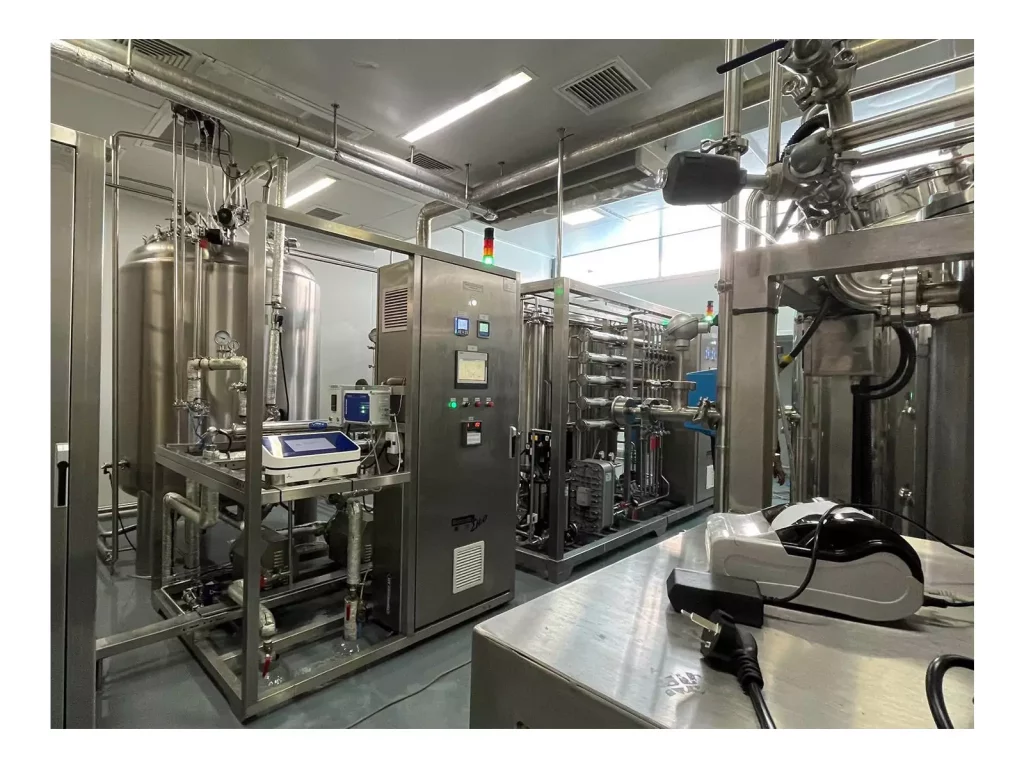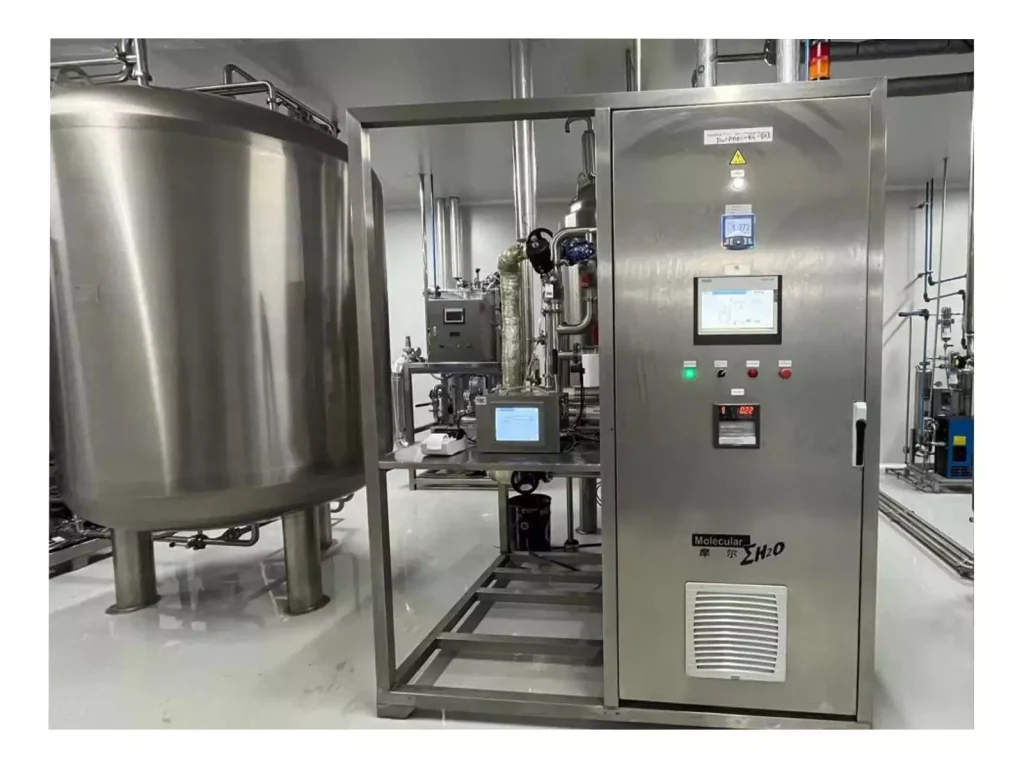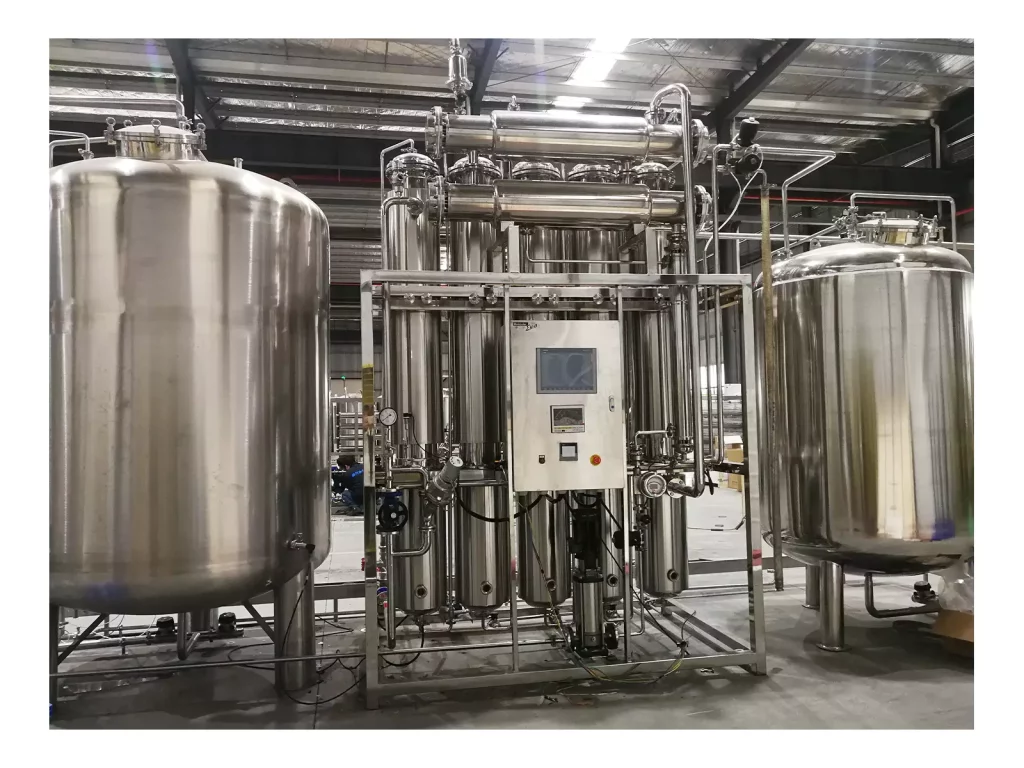In the pharmaceutical industry, precision and purity are essential, Water for Injection (WFI) stands as a fundamental element in pharmaceutical manufacturing and patient treatment. It is more than “pure water”, WFI is a tightly controlled highly purified, ultra-purified water source that is designed to meet the highest standards of safety and uniformity. Its function ranges from the formulation of lifesaving medicines to ensuring the sterilization of equipment that is critical to its importance cannot be overstated. Here, we’ll look at the definition of WFI is and how it is made and the reasons it is essential in pharmaceuticals, along with the crucial role played by reliable distribution and storage systems.
What Is Water for Injection (WFI)?
Water for Injection (WFI) is ultra-pure water that meets stringent pharmaceutical standards (e.g., USP, EP, JP), with zero contaminants-including microorganisms, endotoxins, organics, and dissolved solids. Contrary to normal waters (used for products which don’t need oral injection), WFI is specially designed to be used directly in interaction with human bodies, such as in injectable medicine or medical devices, as and kidney treatments. This makes the purity of WFI and its sterility.
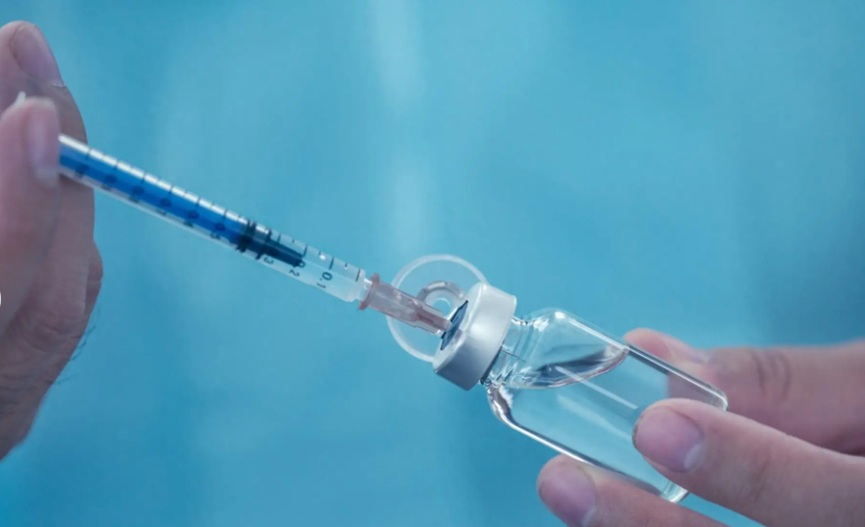
Types of Water for Injection
WFI is not a one-size-fits-all solution; its formulation varies based on intended use in wfi pharmaceutical scenarios:
| WFI | Key Characteristics | Typical Applications in WFI Pharmaceutical Settings |
| USP WFI | Complies with U.S. Pharmacopeia standards; produced via distillation or advanced purification. | Base ingredient for most injectables and sterile products. |
| Bacteriostatic WFI | Contains 0.9% benzyl alcohol (a preservative); multi-use (28-day shelf life). | Repeated-dose injectables (e.g., insulin pens). |
| Sterile WFI | Single-use, pre-sterilized in disposable vials; no preservatives. | One-time injections, emergency medications. |
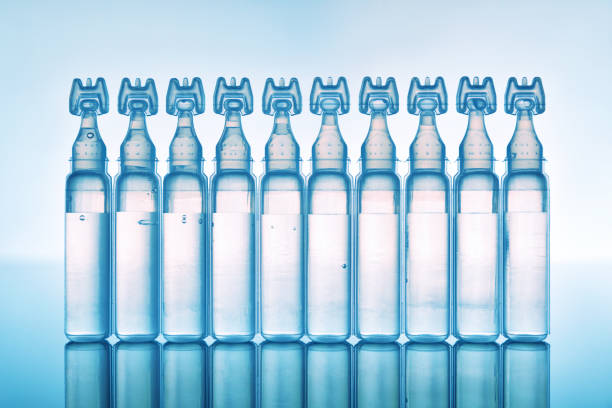
These variations are vital to the WFI pharmaceutical circumstances: USP WFI serves as the basis for large-scale production of drugs as in addition to sterile and bacteriostatic. WFI satisfy specific requirements like frequent dosing or emergency medical care. Each type is subjected strict testing to ensure they meet WFI pharmaceutical specifications, which means that they are able to be seamlessly included in various manufacturing and clinical workflows without compromising the safety.
The Essential Role of WFI in the Pharmaceutical Industry
Water For Injection (WFI) plays a role in the manufacturing of pharmaceuticals via WFI has many facets and directly affects the security of patients as well as the effectiveness of medicines:
Producing Parenteral Drugs
Injectables, as well as infusions as vaccines, dependent on WFI water that is injected as diluting agents or solvents. Contrary to oral medications that are absorbed through the digestive tract. That means any harmful substances present in WFI such as endotoxins and bacteria could be absorbed into the bloodstream, causing severe infections, sepsis or other adverse reactions. Its ultra-purity guarantees the safety and the stability of these lifesaving treatments.
Supporting Inhalable Therapies
Inhalers, nasal sprays and respiratory medicines rely heavily on WFI as a primary ingredient. When delivered directly to the lungs, any pathogens or impurities in the water could cause pneumonia, bronchitis, or other respiratory infections-especially dangerous for patients with chronic lung conditions. WFI assures that these treatments are effective and safe.
Enabling Renal Replacement Therapies
Hemofiltration (a essential treatment for kidney damage or sepsis) WFI water injections are used to produce replacement fluid which flushes out the blood of any debris. Patients who receive this treatment suffer from impaired immune systems. This is why WFI’s high purity free of endotoxins microbes and heavy metals is vital to reduce the possibility of injury or complications.
Ensuring Sterile Packaging
Syringes and vial caps and syringes that are used to fill pharmaceutical containers are rinsed by using WFI before refilling. This process gets rid of any contaminates that might get trapped in the packaging. They could affect the quality of the drug or cause infection in the event that the product is utilized. It is an integral part of WFI’s quality control for pharmaceuticals, which assures that the final product is sterile.

Specific Applications of Water for Injection
It is important to note that Water for Injection (WFI) is’t just a raw material. It plays a special job for the most critical industries, where quality is vital to product safety, efficacy as well as compliance with regulations. Here are a few examples of industry examples of use:
1. Pharmaceutical Manufacturing: Main Parenteral Drug Production
Injectable Drugs and Vaccines
Large and small volume injectable and WFI biosimilars and vaccines formulations are made by using WFI. It is the only solvent and diluent used in injectable formulations.
- Small-volume injections (e.g. prescriptions of antibiotic or insulin vials): WFI prevents the bloodstream from being affected by endotoxins and heavy metals, thus reducing the possibility of sepsis and allergic reactions.
- Large-volume infusions (e.g. or saline solutions or nutritional supplements) for long-term IV therapies, WFI will be required in large quantities to maintain the isotonicity as well as sterility that are essential to the long term IV treatment.
- Biologicals as well as vaccines (monoclonal antibodies and mRNA-based vaccines). Ultra-pure WFI stops the degradation of biological components and reduces the risk of losing the immunogenicity.
Lyophilized (Freeze-Dried) Drugs
For peptides and antibiotics WFI can be used to dissolve the powder to injectable solution. The low content of endotoxin aids to ensure that the drug is suitable for use in injections.
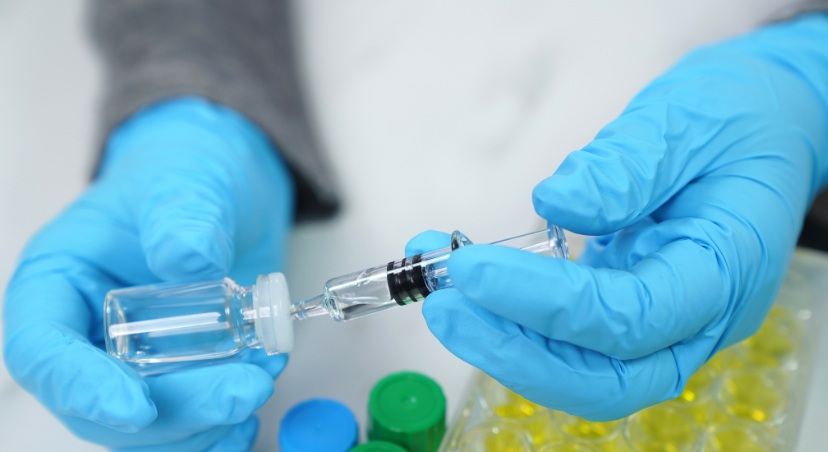
2. Biotechnology: Protection of Cells and Gene Therapies
Cell Culture and Bioprocessing
Carried out in cell therapies (for example, CAR-T cell treatments), and in the production of gene therapies, cell culture media is prepared, cells are washed, and reagents are diluted using WFI. Because WFI is needed in cell growth and genetic engineering, even minute contamination is unacceptable.
Purification of Biologics
In the downstream processing of proteins such as antibodies and growth factors, WFI is used in chromatography and filtration steps, and in the elution and cleaning of the products (biologics) to ensure that the stringent regulatory requirements of the FDA and EMA are met.
3. Medical Device and Sterile Packaging
Cleaning of Critical Devices
Pharmaceutical vials, ampoules and blister packs are contaminated and washed with WFI. This prevents the contamination of the drugs with the packagings that would leach into the drugs as time elapses.
Sterile Packaging Preparation
In all the described instances, WFI is used as the so-called “purity anchor”. This means that the quality of WFI determines the level of safety and success of the end products. For life saving drugs and sterile packaging, and in these high risk industries, WFI is indispensable in maintaining sterility and contamination risks.
Final Words
The Water For Injection (WFI) is the unnoticed hero of WFI manufacturing pharmaceuticals that has the responsibility for the safe and efficacy of life-saving pharmaceuticals, medical devices, and treatments.Its production, storage and distribution require uncompromising accuracy-a norm which Molewater’s WFI storage and distribution systems are built to satisfy. Pharmaceutical manufacturers are focusing on the purity of their products and compliance with WFI applications for pharmaceuticals making the investment in water that is reliable for injection solutions isn’t only a legal requirement and an investment in the health of patients.
